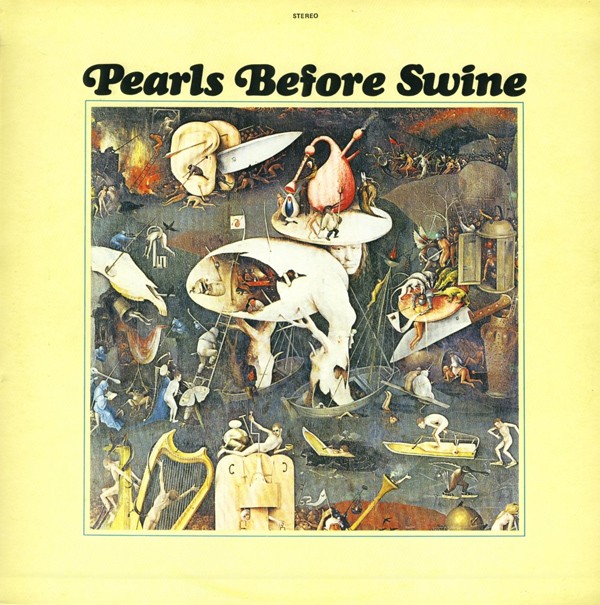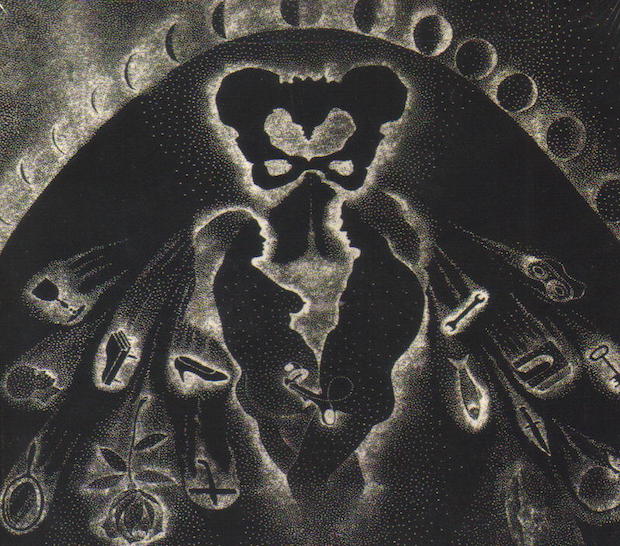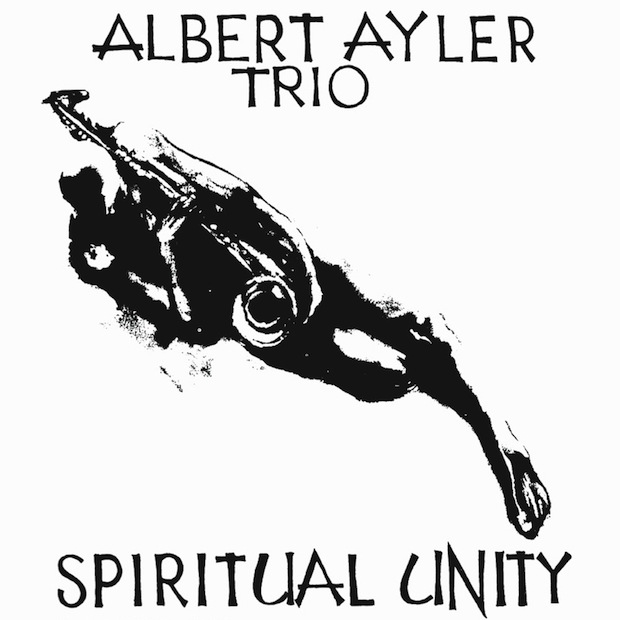Words HALEY FOHR
Founded in 1964 by the late Bernard Stollman, ESP-Disk stands today as one of the most visionary curators in music. Between 1964-1970 and 2005-present, Bernard and his staff have worked tirelessly to unleash free thinkers and acid drinkers, releasing over 400 titles without compromise.
I was introduced to ESP-Disk as a teenager by pure chance. Voodoo and fortuitous times led me there by way of my own music. In the summer of 2007 my great friend Katie Leming and I started a punk band called Cro Magnon. It was our first adventure into music and it was only a short time before we learned of the other Cromagnon from 1969.
I quickly became seduced by the ESP-Disk catalogue. The Fugs, Charles Manson, and other anti-society, proto-punk resonated like a gong in my angsty teenage brain. Eight years later, I am still uncovering mind-bending music from another time and world. Whether you enjoy punk, folk or jazz, surely there is something for you here at ESP-Disk.
If you are a first timer trying to dive into the ESP-Disk catalog, it can be overwhelming. There is so much material to be heard, I could see how one wouldn’t know where to start. I’ve picked three releases that I hope can be utilized as a jumping off point…
START HERE:
ALBERT AYLER TRIO
SPIRITUAL UNITY (1965)
If you have time to listen to only one ESP-Disk record, you must listen to Spiritual Unity by the Albert Ayler Trio. Released in 1965, Albert Ayler (saxophonist), Gary Peacock (bass) and Sunny Murray (percussion) effortlessly fly off into their own rhythmic freedoms, creating a tri-paneled field of sound. This isn’t dissonant or harsh music. The way Peacock and Murray counteract Ayler’s almost micro-tonal-meets-Mozart passages work in a way that reflects the album’s title. It’s free-jazz before its time, and it’s hard not to wonder what syrup they were drinking that lead them to this unprecedented union.
As a younger woman just entering college, Spiritual Unity was an easy grab for me. The beautiful versions of Ayler’s most familiar composition “Ghosts” was easy to digest for a person not yet acquainted with the underbelly of the free-jazz movement. Ayler’s short yet ambitious recording career resonates, and his easily identifiable style of playing embeds Ayler as a legend and role model for many.
NEXT STEP:
PEARLS BEFORE SWINE
ONE NATION UNDERGROUND (1967)

Now that you’ve been acquainted with ESP-Disk, it’s time to step further into the strange. If free-jazz isn’t your thing, no worries; there are many other genres to be had. Do you like The Doors? Canned Heat? Jefferson Airplane? Check out Pearls Before Swine’s One Nation Underground. One of the more polished records in terms of production and songwriting—and one of the more successful ESP-Disk bands—Pearls Before Swine’s “Playmate” sounds like Bob Dylan if he tried to play banjo in a prog band. The minimal synth on “Miss Morse,” deliberate and quaint, is a pivotal point for me on the album. “One Nation Underground” is a studio masterpiece.
Unlike many of the live one-take records on ESP-Disk, Pearls Before Swine offer clear ideas that makes you wonder if the Beatles had a copy of this shit while they were off trying to be hallucinogenic on “Yellow Submarine.” Do not be fooled by the “psychedelic” burnout tag stamped on Pearls Before Swine. “The only thing I was smoking at the time was Winstons,” frontman Tom Rapp once said about the album. Thus the psychedelic came from within. Hearing this album inspired me to hone in on all aspects of an album and push for a tight, clarion idea regardless of impoverished recording settings and budget. Basically this band is the shit.
FOR SERIOUS FANS:
ERICA POMERANCE
YOU USED TO THINK (1968)

This next record is my personal favorite. Erica Pomerance’s You Used To Think sits at the top of my record collection. It’s Erica’s debut album, recorded in 1968. Erica is a woman with an air of arrogance, sting and wisdom. As a fellow female vocalist, Erica’s vocal delivery is what is most striking to me. Utilizing hard panning and strange harmonies, her vocals both float and bite at the same time. Her staccato percussive delivery on title track “You Used To Think” gets the blood boiling. It’s hard for me not to think of Jennifer Herma or Janis Joplin during “Burn Baby Burn.” Her vocals go from full guttural to airy falsetto in a matter of seconds. Lyrics like “power without the glory,” “tomorrow is too late,” and “to think is the treason” help Erica sit firm on the arc of late 1960’s progressive folk, but it is far far on the outside spectrum.
Things get really drippy by side B, due to “the acid setting in,” as disclosed in an intimate 2010 Blastitude interview. I adore Erica on this record for her unabashed raw muscle, her bravery to hit whatever note flies out of her throat, and the sheer power that she managed to capture in this recording.
In a time where headlines read about “the music industry flailing” and “record sales being at an all time low,” I find solace in the ESP-Disk catalog. It stands as a testament of true vision and art. It is proof that all music has the chance to be heard. It is a reminder that a musician can follow her own path, disregard the temptations and pressures of today, and hold onto the hope that one day her music will still be listened to and affecting those around in a time after her own.
Other ESP-Disk Records of Note:
Music of the Sea Ensemble, We Move Together (1974)
Patty Waters, Sings (1966)
Todd Kelley, Todd Kelley (1969)
Ed Askew, Ask the Unicorn (1968)
Sonny Simmons, Music From the Spheres (1968)
Tiger Hatchery, Sun Worship (2013)
Haley Fohr’s latest Circuit des Yeux LP, ‘In Plain Speech’, is available now through Thrill Jockey. Stream it in full below, along with a few of her videos.





